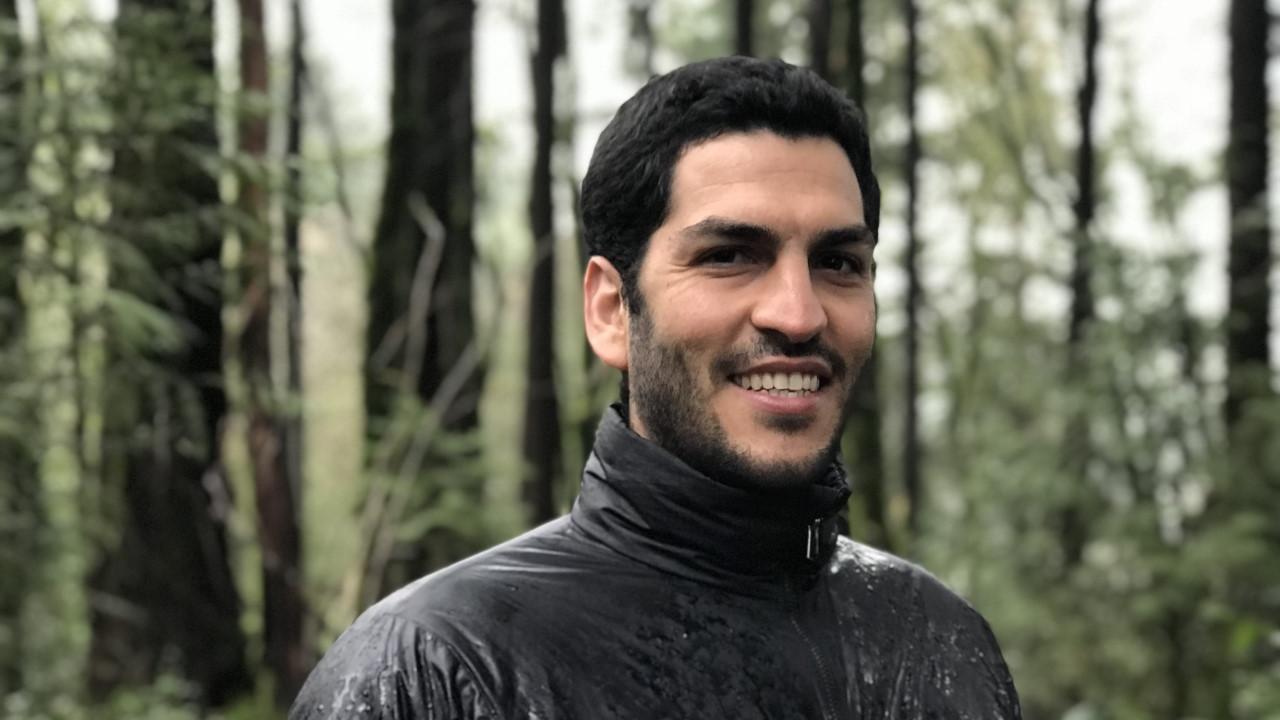
Investigating Age-Related Muscle Mass Loss with Arik Davidyan, ’14 B.S. in Exercise Biology and ’20 Ph.D. in Molecular, Cellular and Integrative Physiology
Your muscles ensure your survival. Your heart beating, your blood pumping, your intestines digesting, all these unthinking acts are fulfilled through ceaseless muscle contractions. Were they to stop, so would you.
Of the three different muscle types in the human body—which include cardiac, smooth and skeletal—we consciously control only our skeletal muscles.
“Everything that allows you to stand up straight and move is a skeletal muscle,” said Arik Davidyan, ’14 B.S. in Exercise Biology and ’20 Ph.D. in Molecular, Cellular and Integrative Physiology. “Muscle is a very plastic tissue. It's changing very dramatically and very fast in many different ways and I think it's fascinating."
Integral to your body’s function, skeletal muscles decay with age, a natural process known as sarcopenia. Testosterone plays an important role in muscle mass maintenance, but the molecular minutiae of how these biological feats are achieved isn’t yet clear. Figuring this out could help researchers discover new ways to help our muscles age with grace.
While attending the UC Davis College of Biological Sciences, Davidyan investigated testosterone’s role in muscle mass gain, maintenance and decay, using mice as experimental models.
